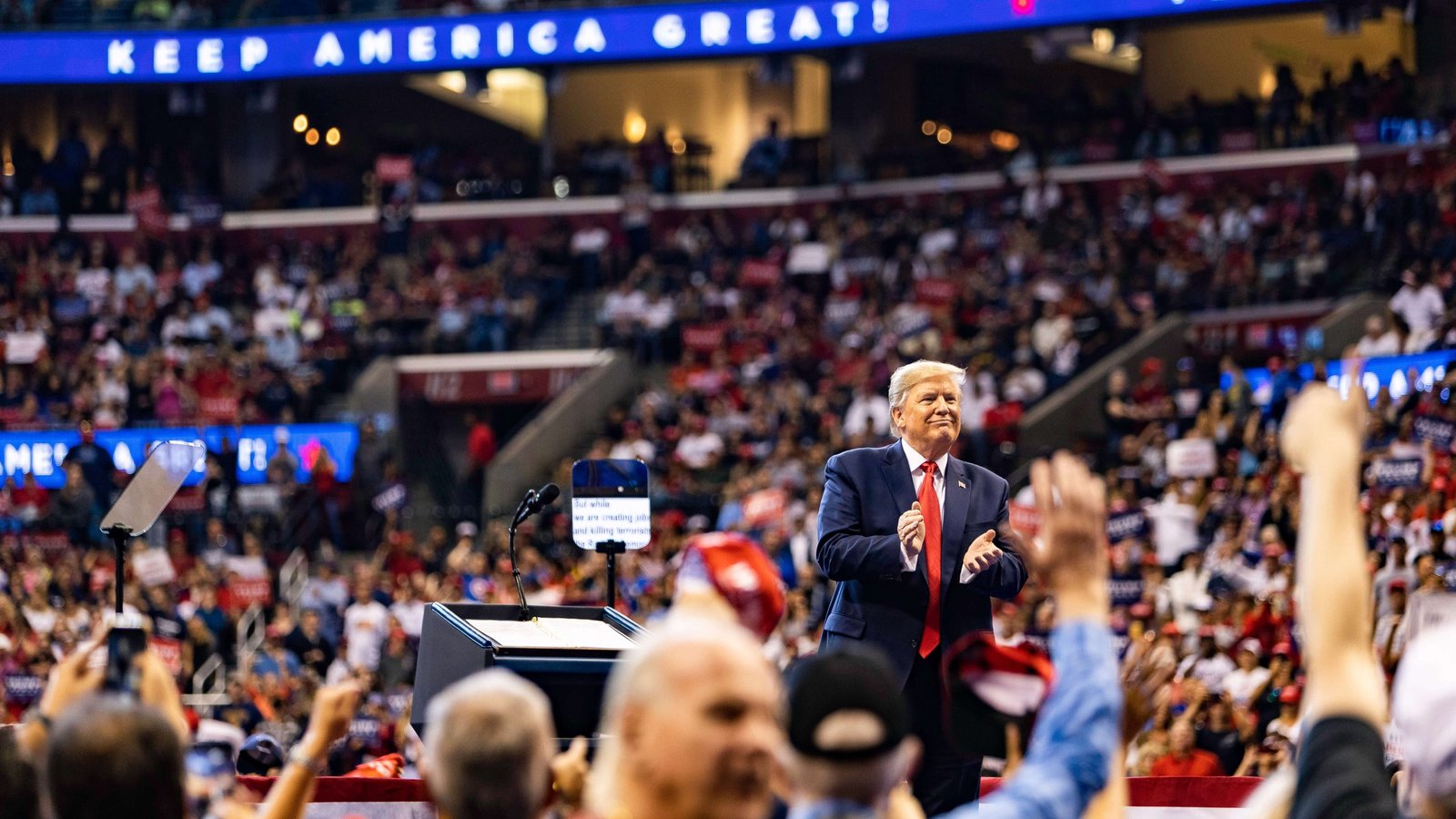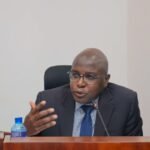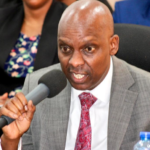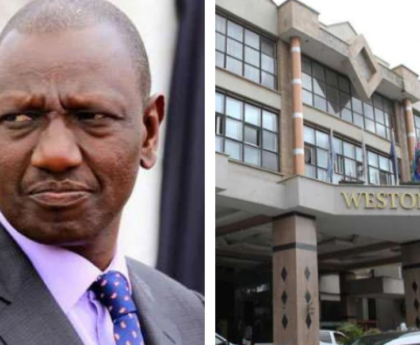(BBC)- As it became clear that Donald Trump had landed the US presidency for the second time, leaders from across Africa began tweeting their congratulations.
“Zimbabwe stands ready to work with you”, wrote Zimbabwean President Emmerson Mnangagwa, eyeing a diplomatic reset, while Nigeria’s Bola Tinubu expressed hope that Trump’s second term would bring “reciprocal economic and development partnerships between Africa and the United States”.
But will Trump 2.0 be good for the continent? During his first stint in the White House critics accused him of dismissing Africa, having cut some funding, curbed immigration and reportedly referred to some of its nations as “shithole countries”.
However, he did also introduce schemes to increase investment in Africa – schemes that remain operational three years after he left office.
But how might he approach Africa in this new climate?
Joe Biden’s outgoing administration “tried really hard to create an impression that Africa was a valued and important partner”, W Gyude Moore, a fellow at the Center for Global Development and former Liberian minister, tells the BBC.
Biden struggled to match this enthusiasm with substantial deals and partnerships, Mr Moore says, but that does not mean his Africa strategy was fruitless.
For instance, the US was praised for investing in the Lobito Corridor – a rail line stretching through Angola, the Democratic Republic of Congo and Zambia that will be used to transport critical raw materials.
In 2023, the US said it had invested more than $22bn since Biden came to power.
But there are concerns Trump might roll back on this investment and trade. The soon-to-be president has more of a protectionist, insular outlook than Biden – one of the slogans for his first term was “America First”.
The African Growth and Opportunity Act (Agoa), which has enabled eligible African countries to export some of their produce to the US without paying taxes since 2000, is a key source of concern.
During his previous administration, Trump said the scheme would not be renewed when it expires in 2025.
And during his 2024 campaign he pledged to implement a universal 10% income tariff on all foreign-made goods. This would make imported goods more expensive, and so African exporters would be likely to sell less of their produce in the large US market.
Numerous commentators in South Africa – one of the largest exporters under the Agoa agreement – have predicted that cutting Agoa could have a significant impact on the economy.
However, US think-tank the Brookings Institution predicts that South Africa’s GDP would shrink by “just 0.06%”. This is partly because many of the goods South Africa exports to the US – such as minerals and metal – do not actually benefit from Agoa, it said.
Although Trump was not keen on Agoa, he recognised that if the US was going to counter China’s growing economic influence in Africa, it needed to maintain some level of partnership.
In 2018 the Trump administration unveiled Prosper Africa – an initiative that assists US companies wanting to invest in Africa – and the Development Finance Corporation (DFC), which funds development projects in Africa and around the world. Biden kept both running after he took over and the DFC says it has so far invested more than $10bn (£8bn) in Africa.
Given that China is still a major force in Africa and that Trump introduced these policies himself, he is likely to think twice before slashing them.
Aid
Africa gets most of its aid from the US, which said it had donated almost $3.7bn over this financial year.
But Trump’s last administration repeatedly made proposals to slash foreign aid worldwide, according to reports. Congress – where foreign aid had bipartisan support – rejected these cuts.
Had the cuts been implemented, “traditional US policies with respect to health, democracy promotion, and security assistance in Africa would have been eviscerated,” said the Council on Foreign Relations, a Washington think-tank.
There may be less pushback to aid cuts if the Republicans win a significant majority in Congress following Tuesday’s elections, however. The party has already secured the Senate – Congress’ upper chamber – and currently has a majority in the lower chamber – the House of Representatives.
There are also worries Trump might shut Pepfar, a long-running US initiative that has poured huge sums into fighting HIV in Africa.
Last year, Republican lawmakers mounted significant opposition to Pepfar, alleging that the programme was promoting abortion services. It was granted a short-term extension until March next year, but Trump – known for being anti-abortion – may shut the door on this reprieve.
Immigration
Trump’s views on illegal immigration are clear – during his 2024 campaign he promised to deport one million people who do not have legal permission to be in the United States.
This concerns Africa as in 2022, around 13,000 African migrants were recorded at the US-Mexico border, according to US Customs and Border protection data. By 2023, this figure had quadrupled to 58,000. Some of these hopefuls speak of fleeing war, persecution and poverty.
This would not be his first dramatic anti-immigration policy. In his first term, Trump introduced measures that curbed immigration from several African countries, including Nigeria, Eritrea, Sudan and Tanzania.
Kenyan newsite Taifo Leo reported that migrants from the East African country, who number about 160,000, are worried that they will face discrimination with Trump as president.
Security and conflict
While Trump has been away from the presidency, Russia has stepped up its presence in Africa.
One of the main ways it has done this is through providing troops and arms to countries hit by jihadist militants, such as Mali, Niger and Burkina Faso.
Russia’s foothold has alarmed the US – the two are historic rivals.
Will Trump offer support to African countries in an attempt to push Russia out?
“Even though the national security architecture in the United States perceives Russia as a threat, Trump personally has not acted as if he perceives Russia as a threat,” Mr Moore tells the BBC.
There is speculation that Trump has a closer relationship with Russian President Vladimir Putin than he lets on.
However, Trump has in the past stepped in to help Nigeria fight Boko Haram, a group of Islamist militants which has plagued the West African country for 15 years.
“During [former President Barack] Obama’s tenure, Nigerian-Americans advocated tirelessly for him, yet he declined Nigeria’s requests for arms. When our communities in northern Nigeria were under attack by Boko Haram, it was Trump who ultimately approved the purchase of Tucano jets, allowing us to strengthen our defences,” former lawmaker Ehiozuwa Johnson Agbonayinmma told Nigerian news outlet the Vanguard.
There is also the issue of Sudan’s civil war, which has been rumbling on for 18 months and has killed tens of thousands of people.
“Trump is very transactional,” Mr Moore said. “I’m really doubtful that the Trump administration is going to care more about what’s happening in Sudan than, say, the Biden administration did.”
But ultimately, there is no way to be totally sure what Trump will set his sights on once he is in office.
As Mr Moore says: “Trump is very unorthodox in how he does everything. So one has to be pretty open to new things, not necessarily good things, but new things happening.”
Kenya Insights allows guest blogging, if you want to be published on Kenya’s most authoritative and accurate blog, have an expose, news TIPS, story angles, human interest stories, drop us an email on [email protected] or via Telegram
Share via:




